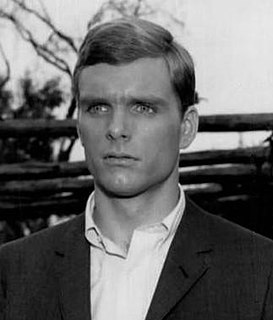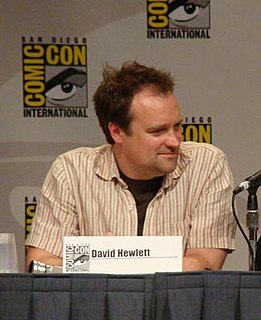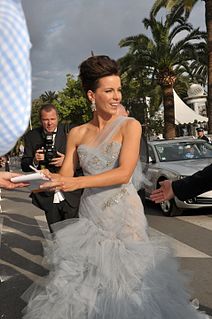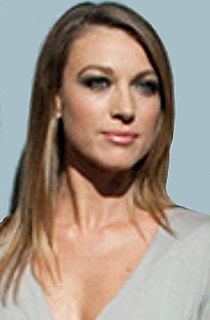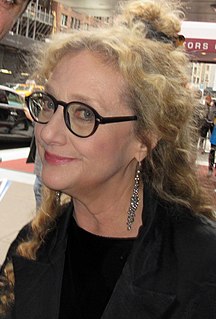A Quote by Keir Dullea
For me the most moving moment came when I first started working on 2001. I was already in awe of him, and he had very much already become Stanley Kubrick by the time the film started.
Related Quotes
At age 12 I had an obsession with Kubrick's A Clockwork Orange and then proceeded to watch all the other Kubrick films I could including a doc called Stanley Kubrick: A Life in Pictures in which it was revealed to me that he started as a photographer...I got a camera sometime shortly after, but spent many years just photographing flowers in my neighborhood.
As filmmakers, we want the audience to have the most complete experience they can. For example, I interviewed Stanley Kubrick years ago around the time of '2001: A Space Odyssey.' I was going to see the film that night in London, and he insisted I sit in one of four seats in the theater for the best view or not watch the film.
The genius is not in how much Stanley Kubrick does in “2001: A Space Odyssey,'' but in how little. This is the work of an artist so sublimely confident that he doesn't include a single shot simply to keep our attention. He reduces each scene to its essence, and leaves it on screen long enough for us to contemplate it, to inhabit it in our imaginations. Alone among science-fiction movies, “2001'' is not concerned with thrilling us, but with inspiring our awe.
It had also been my belief since I started writing fiction that science fiction is never really about the future. When science fiction is old, you can only read it as being pretty much about the moment in which it was written. But it seemed to me that the toolkit that science fiction had given me when I started working had become the toolkit of a kind of literary naturalism that could be applied to an inherently incredible present.
When I first started working, I was very aware of the fact that I'd been to university and studied Russian and French and not acting. So when I started working, I'd started working quite young, I felt like it was important to treat myself kind of like an apprentice and do as many different types of things as I could.
I remember hearing a good story about Jack Nicholson working with Stanley Kubrick on The Shining [1980]. Nicholson was saying that, as an actor, you always want to try to make things real. And believable. When he was working with Kubrick, he finished a take and said, "I feel like that was real." And Kubrick said, "Yes, it's real, but it's not interesting".
